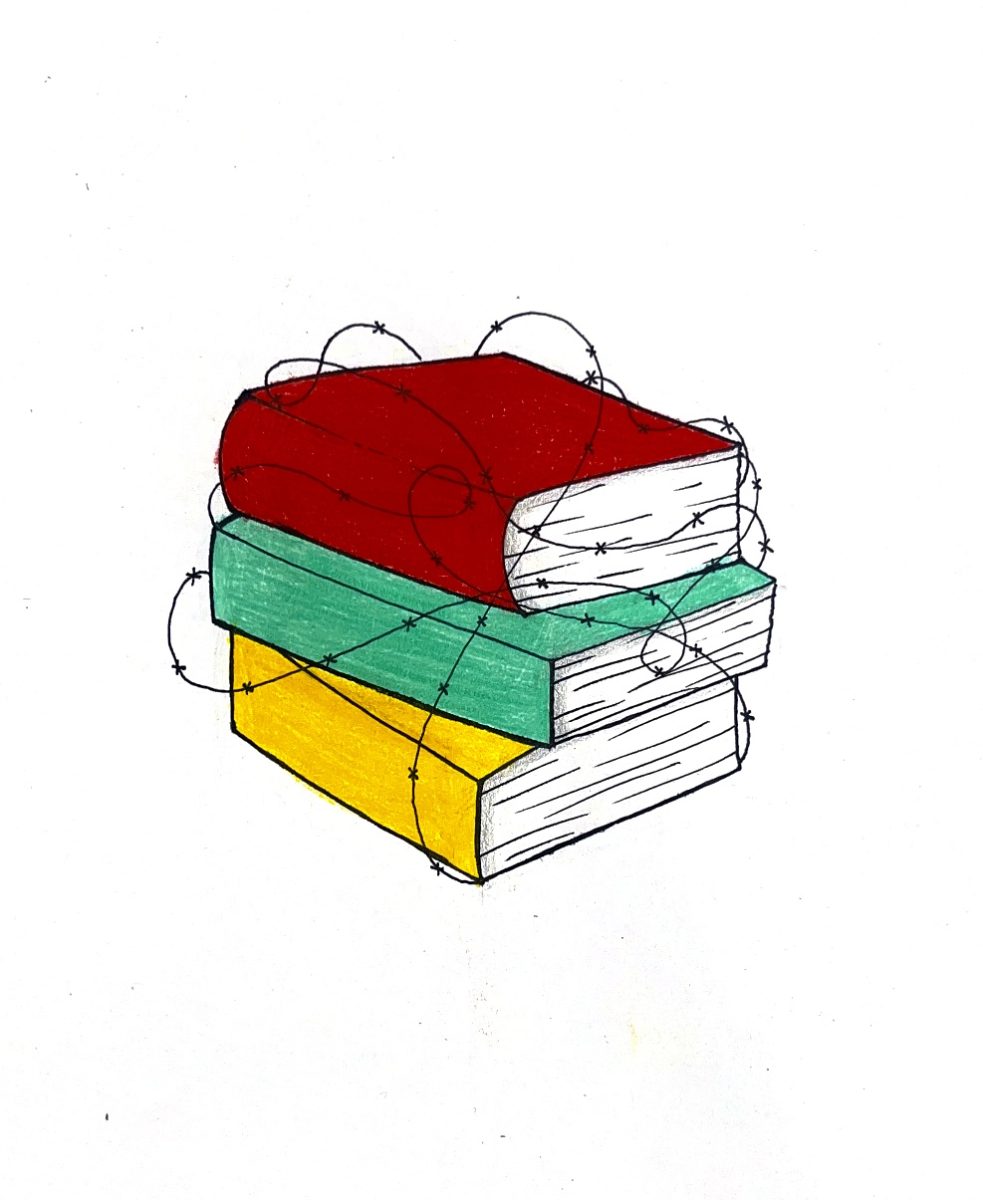As a child, Pali journalism teacher Lisa Saxon and her father attended every Cincinnati Reds game at Dodger Stadium season after season. Saxon said she was invigorated by the flow of the game, intricate techniques, scoring and possible behind-the-scenes drama.
“We would get first in line and I always sat against the Reds’ bullpen, so I got to know the players over the course of years,” Saxon said. “We would talk to the players and they brought my favorite players to meet me.”
Saxon would go on to become one of the first female journalists for Major League Baseball, earning numerous awards for her writing, and reporting on some of the most influential players of the twentieth century. In sixth grade, Saxon declared her ambition for the first time after being caught listening to the world series during an English lesson.
“The nun came and reprimanded me and she said ‘What is it you want to do with your life?’ I told her, ‘I want to be a baseball writer’ and she laughed…that was the first time I said it out loud,” Saxon recalled.
Saxon and her female colleagues broke into the world of Major League Baseball throughout the 1980s. She said that at the time, misogyny was rampant and rarely, if ever, addressed.
As a young woman in a male-dominated field, Saxon said she had to work much harder than her male counterparts for her talent to be acknowledged by her coworkers and editors. Some of her coworkers believed that she was hired solely due to affirmative action, and was innately worse at writing than they were. Her first day on the job, Saxon was welcomed with a shiny placard that read “Token Female.”
Saxon said that some of her editors continued to disparage her character despite her dedication to her work.
“[My editor] would’ve had no problem with me if I were a man… [He believed] that women shouldn’t have opinions or powerful positions in a newsroom,” she said. “That’s wrong, but he came from that level of thinking.”
Saxon recalls the players’ behavior towards her in an interview conducted by KPCC radio, specifically the behavior of Reggie Jackson, who played for the Los Angeles Angels at the time.
“Reggie Jackson once told me he wanted me to lie under the team bus so he could have it roll over me. That’s how much he hated me,” she said. “You can learn to block some of that [harassment] out once you’re in, but sometimes things got very personal, and that’s when it became hard for me.”
In an article by The New York Post, Saxon details more of Jackson’s cruel behavior. She describes how “he told me he wished I was dead many times, would scream and curse at me for no reason…I’d be talking to [manager Gene] Mauch, and he’d ask me, ‘Do you even look at yourself before you leave the house? And you still wore that?’”
Saxon tried to keep her head down and remain collected when facing daily mistreatment from Jackson and other players.
Despite her devotion to sportswriting, Saxon found that she was not only verbally and sexually harassed, but also affected by the gender pay gap. At 25, she learned that she was making 60 cents to the dollar of one of her male coworkers who had less experience.
“I always had to clean up his work, do the reporting, do the grunt work, but he had the better beat and he was making more money,” Saxon said. “I tried to let everything bounce off me and didn’t let it get to me.”
One source of support for Saxon was John McNamara, who was the manager of the Angels. One night, Saxon confided in him that she felt discouraged by the ongoing harassment, and was considering quitting reporting for the Major Leagues.
Saxon recalls his advice: “If you are quitting because you don’t want to do it, I’ll accept that. But if you’re quitting because you think you can’t do it, I’m not accepting that, because you can…You want to be a baseball writer, I can see, you’re here every day, you have a big smile on your face, why are you letting someone else dictate your future?”
Saxon knew that the harassment wouldn’t stop as long as she was reporting, but she relied on McNamara’s advice: “If you quit, you’re basically letting them win.”
Only years after Saxon stepped off the baseball field could she begin to see the impact she had made on the industry. Saxon was the second woman to ever cover Major League Baseball after Claire Smith, earned two AP Sports’ Editors awards and was nominated for a lifetime achievement award from the Baseball Writers Association of America. She has covered events such as the Super Bowl, NCAA Finals, Rose Bowls, the NBA Finals and the World Series.
Now, Saxon said she is welcomed back into the stadium with gratitude.
“When I go to the stadiums, everyone goes out of their way to welcome me and to thank me for what I did for women in the field. One woman told me, ‘You have to know that every woman out there is standing on your shoulders,’ and that’s wonderful because my career was cut short because of stereotypes, because of narrow-mindedness,” she said.
Today, she teaches the journalism class at Pali. She said her position as an advisor for the school newspaper, Tideline, gives her the opportunity to proudly mentor future journalists.
“I want Tideline to be the atmosphere I never had,” Saxon said. “I was interviewing a player in a clubhouse just getting screamed at, and the other player to the right was reading the Bible. In moments like that, I thought, ‘If I’m ever in a position of power I will guarantee no one gets treated the way I did.’”









